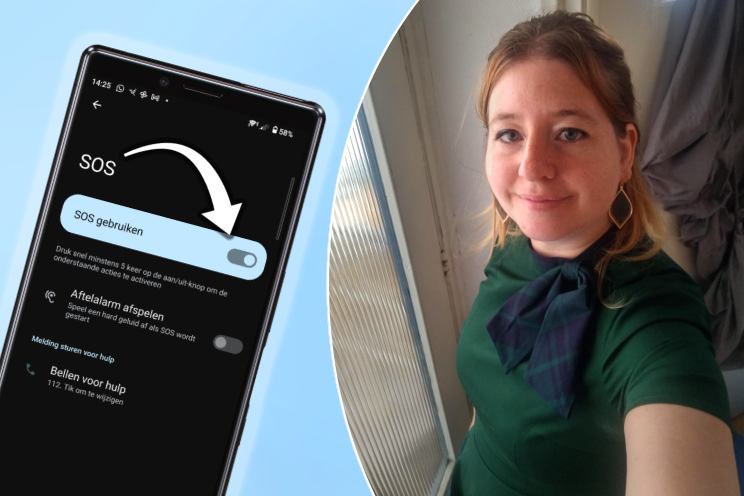3 tips for safe online banking (adv)
Most Dutch people do their banking online these days. This can be seen in the development of the services that the banks offer online, but also in the disappearance of physical banks. Most banks used to have premises in the villages where you could do banking. These all seem to disappear. Banks can only be physically found in the major cities. The fact that you can arrange your banking affairs anywhere and anytime sounds ideal, but arranging banking online also has a downside. Cyber criminals are lurking. To access the internet safely, a reliable Internet Service Provider such as Solcon is a good start.
Contents
Fear of third parties
The worst scenario that can happen is losing all your money. All the money that is now in your checking account, but also all the money that is in your savings account. What if you lose all that? There are plenty of examples of people, scammers and criminal organizations eager to get your bank details. It is important to move and engage safely online. That starts with information security. Ensure that your information is secure and cannot be viewed by third parties. This is possible with 3 very strong yet simple rules. These are tips that you can use in your online environments. Then it can be on your laptop, PC or smartphone.
3 tips for safe online banking
Tip 1: Install apps via an official app store
There is a reason why apps and software are offered through the official app store and legitimate sites. That way you can be sure that you don’t bring in unwanted third parties. On Android devices it is possible to install apps that come from unknown sources. But is this really so useful? In some cases it can be legitimate. Think, for example, of companies where employees use a special app, especially for their work and to log in to company-specific systems. But often people use it to install apps that they don’t want to pay for. The problem is, you can never be sure what happened to the app. It happens that scammers or criminal organizations put a piece of malware in the app. The moment you install the app or software, these parties can watch everything you do. This is also known as a man-in-the-middle attack. This way they can see all the data you enter, for example when you log in to arrange your banking. Choose the safe route and only install apps or software that are legitimate via the official route.
Tip 2: Be alert when sharing personal information
Would you just share your personal information with a stranger on the street? Oh no. So don’t do this online. Don’t just enter your details to win a prize, which afterwards is too good to be true. As soon as your data is in the hands of malicious parties, they are misused for the most diverse things. Your name, address, date of birth and gender are often misused for dating sites, fake online identities and product ordering. This is easily prevented by first thinking and asking yourself whether you want to share the requested data. Especially if the party that asks for it may not be completely reliable. Think, for example, of online stores that ask for your bank details, but do not need this for your purchase.
Tip 3: Watch out for smishing
A common trend is smishing. With smishing, links are sent via SMS or WhatsApp, which lead you to unwanted sites or apps. For example, a message from your bank that your card is about to expire. If you click on this link, you must then log in to your bank via the link. You do this by entering your bank details. A bank would never do this. These links lead to a site that looks exactly like the real banking site. Only here can cyber criminals look with it. They are then in the hands of your bank login details. Never just click on links. If you don’t trust it, report it to the company. Whether that is a bank, tax authorities or a credit card company.
With these tips you can bank online a lot safer.
This article is a collaboration with Solcon / Photo by Pickawood on Unsplash


